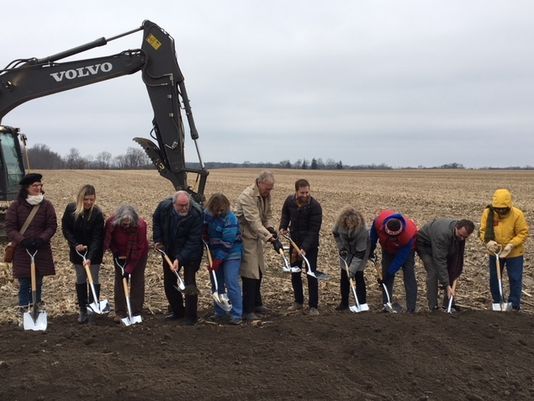The Ohio Department of Commerce needs to call for a do-over after all of the problems it has had rewarding licenses for growing marijuana under the state’s Medical Marijuana Control Program.
The trouble began last month when the Ohio Department of Commerce announced a dozen winners of Level I licenses to grow medical marijuana in up to 25,000 square feet of growing space. (The department had earlier awarded a dozen Level II licenses to grow medical marijuana in up to 3,000 square feet of growing space.)
Jimmy Gould, the CEO of one of the losing Level I applicants of Cincinnati-based CannAscend, contended there were “fatal flaws” in how the state judged applicants. (Gould was co-founder of the November 2015’s statewide ballot issue to legalize marijuana, which Ohio voters soundly rejected; with 64 percent of those voting on the issue voted “no.”)
Among other things, CannAscend discovered that one of the people hired by the Commerce Department hired to score applications, Trevor C. Bozeman, has a drug-related felony conviction. In fairness,Bozeman, also has a doctorate in chemistry from Arizona State University and the department didn’t ask him to disclose his criminal record. Still, the hire created an appearance problem.
Cleveland.com’s Jackie Borchardt reported that another consultant hired by the state to assist in scoring applications from prospective medical-marijuana growers worked for businesses owned by a company that was awarded one of the Level I licenses.
And PharmaCann Ohio LLC, which failed to win one of the Level I licenses, has filed a lawsuit in Franklin County Common Pleas Court challenging, as unconstitutional, the minority set-aside requirement in the Ohio medical marijuana law.
The law requires that the state award at least 15 percent of its medical marijuana business licenses to companies that are owned by members of economically disadvantaged groups. The bill defines such groups as African-Americans, American Indians, Hispanics, Latinos, or Asians. PharmaCann Ohio alleges that, if not for the set-aside requirement, the score on its Level I license application would have earned the company one of the Level I licenses.
Earlier this month, the Commerce Department defended the way the licenses were awarded, but also announced that it will hire an independent investigator to handle allegations that the process was tainted.
But no findings from an investigator hired by the very department that is under fire are likely to silence critics or restore public trust in the process.
All in all, this cascade of controversies requires state officials to bite the bullet and immediately start over with well-vetted scorers and an application-scoring system that they are confident will withstand legal challenges. The Ohioans for whom medical marijuana might provide relief for cancer or 21 other conditions should not be kept waiting any longer than necessary.
credit:cleveland.com









